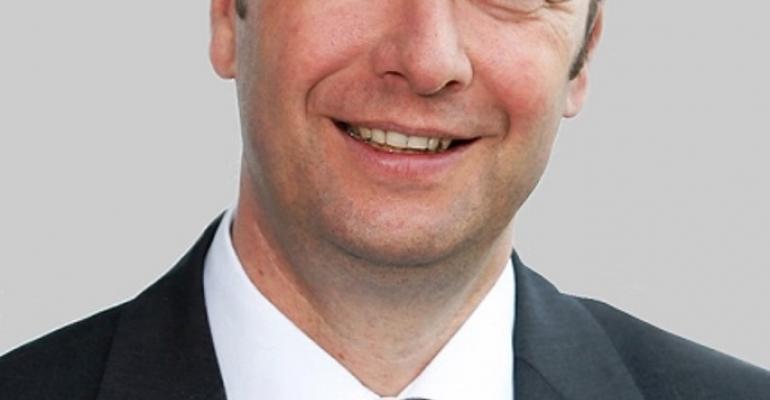
NORTHVILLE, MI – Auto supplier acquisitions typically involve one company buying another that makes parts that are related or adjacent in a vehicle. For example, automotive seat producer Lear recently acquired Eagle Ottawa, an automotive leather supplier.
That’s why the recent announcement that German transmission supplier ZF was buying U.S.-based safety system supplier TRW for $11.7 billion had many observers scratching their heads. The deal still is subject to TRW shareholder approval but stockholders are expected to give the green light.
The two companies argue global megatrends related to fuel economy, safety and autonomous driving are transforming vehicles and the auto industry, making their businesses more complementary than they may appear.
The deal will create one of the world’s largest auto suppliers, with $41 billion in revenue and 138,000 employees, and it will be able to provide a wide array of electronically controlled driveline, chassis, and safety technologies in the world’s key automotive markets, especially China and the U.S., ZF CEO Stefan Sommer tells reporters at ZF’s North American headquarters here.
TRW becomes a business unit of ZF once the sale is complete.
The product portfolios of the two companies are not as different as they appear at first glance. While TRW often is thought of as primarily an airbag and seatbelt producer, 63% of its sales revenue in 2013 actually came from chassis and steering systems, suspensions and foundation brakes, while only 21% came from airbags and seatbelts, company documents show.
And only 31% of ZF’s revenue actually came from transmissions in 2013, with another 30% coming from car chassis technology and chassis systems.
TRW’s safety electronics and advanced driver-assist systems only accounted for 4% of annual revenues in 2013, but that business is expected to be key to future growth as driver-assist systems are mandated by government rules and automated driving features gain popularity.
The new company will offer all relevant technologies for a fully autonomous chassis under one roof, says Sommer.
Fuel efficiency, safety and autonomous driving all will require vehicle systems to become increasingly linked electronically, adds TRW CEO John Plant.
Accelerating global growth also was a key driver of the TRW acquisition, says ZF CEO Sommer. The combined company will double ZF’s sales volume in China and the U.S., which he views as the most important growth markets. It also will generate about half its sales from Europe, which he expects to be flat in the near term.
TRW also will strengthen ZF’s position as a global high-volume producer. The German supplier now primarily serves the premium segment.
In another somewhat unusual twist, key phrases such as “synergies” and “cost savings” that usually signal job cuts are not mentioned. Instead, both executives dismiss the idea of job cuts and say they currently are in hiring mode. TRW’s Plant says he is hoping to add 200 people in the U.S. and 200 more in China, mostly engineers.





